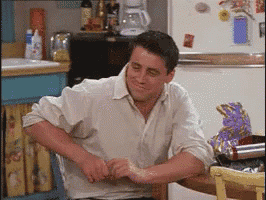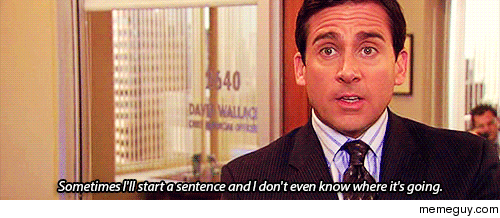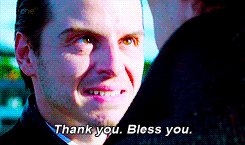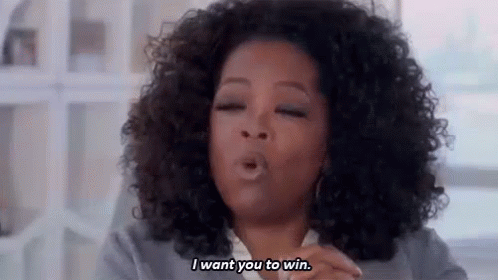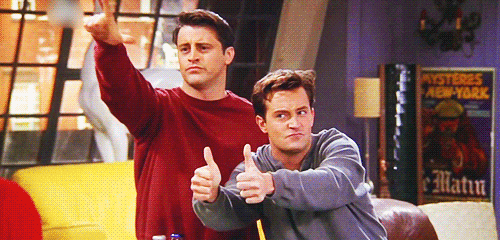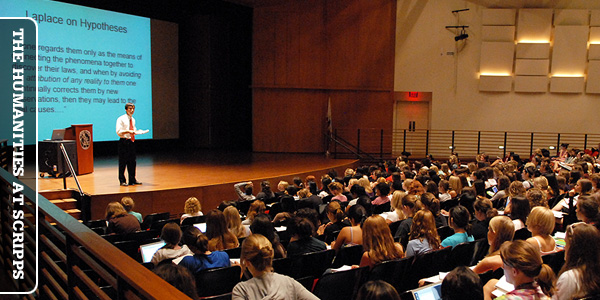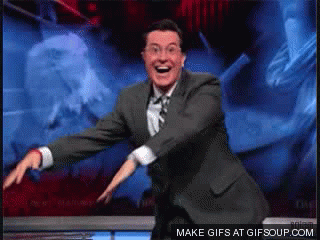
Hello to my fellow Scrippsies and congratulations on making it to the (almost) end of the semester!! It’s crazy how fast this semester has gone by, and I can’t believe that I’ll be back in Claremont this spring. I’m definitely getting sad about leaving Dublin, but am very excited to rejoin everyone on campus and, let’s be honest, enjoy some of that SoCal sunshine. Hopefully everyone is practicing some good health care routines this finals season and I wish you well on your endeavors.
This past week has been exciting for me, as I have officially confirmed with my professor that I will not need to do lab research this summer in order to write my thesis. 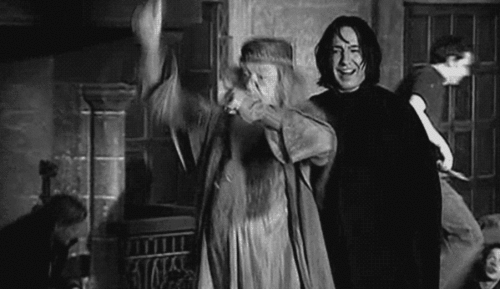
For those who do not know, chemistry students often complete their thesis by conducting research in a lab setting and then write about their findings. As I know that I do not want to go to graduate school for chemistry after I graduate, I asked my professor what other options I might have for fulfilling these requirements, and he assured me that I would not have to complete research in a lab if I feel it didn’t pertain to my future goals. As a result, I have been thinking about ways to combine my love for chemistry and other fields that I hope to pursue in the future. 
If you have been keeping up with my posts, you know that I spent time teaching science classes to elementary school kids last summer, and that I absolutely loved it. When I learned that I wouldn’t have to do research in a lab this summer, I immediately thought about going back to teach at this school. When I emailed my professor, asking if he thought there might be a way to include teaching in my thesis, he gave a resounding YES. At Keck, there is something called a library thesis where students have the opportunity to do research outside of the lab, on a chemistry topic of their choosing. I am not sure of the details yet, but if I wanted to teach, my professor told me that I would be able to write a library thesis. This is exciting for me, as teaching is something that I’ve always seen myself doing in the future, however distant it might be. 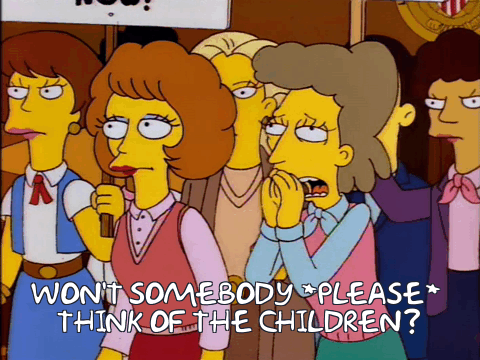
He also mentioned that a professor at Keck has done work in pedagogical studies, and I have since reached out to her in order to get more information and to see if it would be something I might want to do my thesis on. Either way, I have options as to what I will be doing for my research and I am very excited about both prospects.

I often feel that other fields within chemistry, or that involve chemistry, are forgotten amidst the multitude of graduate programs, so I’m happy to be branching out and finding some overlap between two things I love. If anyone has any questions for me regarding STEM classes, thesis, or ways to combine science with other disciplines, please don’t hesitate to reach out! Good luck on finals, and I will see you next semester!

